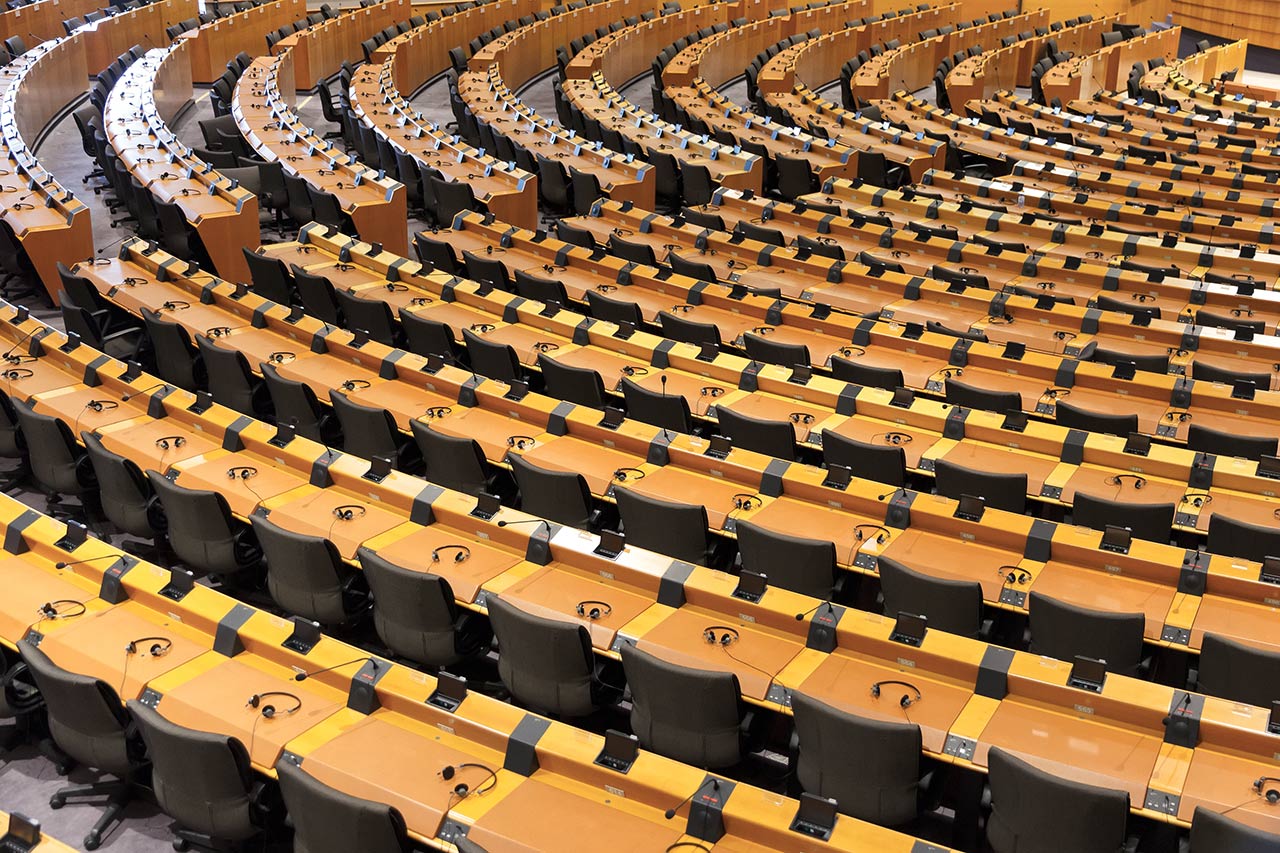Differences between the two Houses of Parliament
A short definition highlighting the key differences between the two Houses of Parliament
Question
How do the House of Commons and House of Lords differ?
Answer
The business of Parliament occur in two Houses; the House of Commons and the House of Lords. Both Houses are involved with writing legislation, debating current issues and scrutinising the current government.
The key differences between the Houses are as followed:
The Commons is an entirely public elected house where the party with the most members goes on to form the government. The House of Commons is responsible for approving Bills that raise taxes and therefore, the House of Commons is responsible for funding the government. Members of the Commons will also debate major political issues and propose new laws. The Commons is also viewed as the key location where a number of government ministers, such as the Prime Minister and other major figures within political parties work. A public example of this would be Prime Minister’s questions (PMQs) where the Prime Minister spends approximately 30 minutes every Wednesday answers questions from other Members of Parliament, PMQs is televised so it is easily accessible by the public.
As opposed to the Commons, the majority of the members of the House of Lords are either appointed by the Monarch or acquire their place in the chamber by birth right. The chamber shares the role of making laws and holding the government to account; however unlike the Commons the Lords cannot block or amend tax bills.
